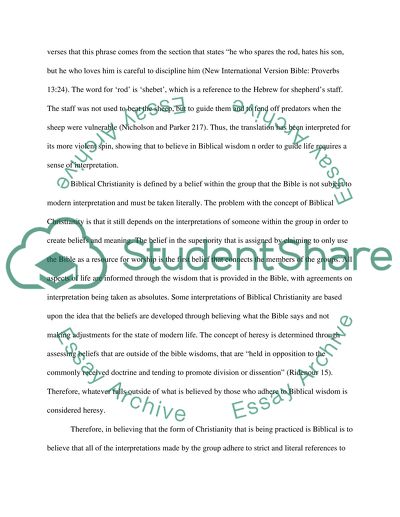Cite this document
(“Comparing Biblical and Denominational Christianity Research Paper”, n.d.)
Retrieved from https://studentshare.org/religion-and-theology/1431094-what-s-the-difference-between-biblical
Retrieved from https://studentshare.org/religion-and-theology/1431094-what-s-the-difference-between-biblical
(Comparing Biblical and Denominational Christianity Research Paper)
https://studentshare.org/religion-and-theology/1431094-what-s-the-difference-between-biblical.
https://studentshare.org/religion-and-theology/1431094-what-s-the-difference-between-biblical.
“Comparing Biblical and Denominational Christianity Research Paper”, n.d. https://studentshare.org/religion-and-theology/1431094-what-s-the-difference-between-biblical.


